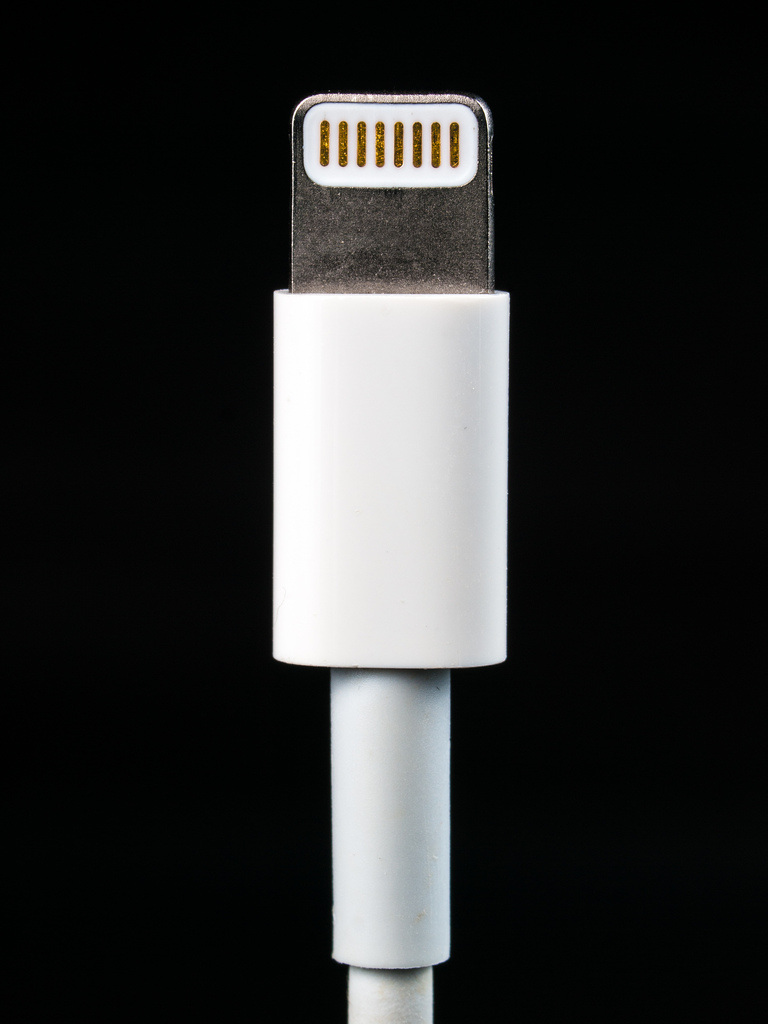| The @FBI is creating a world where citizens rely on #Apple to defend their rights, rather than the other way around. – Ed Snowden on Twitter. Apple, like any other business or a politician, responds to the wishes of the people. And at the moment, tough privacy protection is popular. That may or may not matter as the largest privacy showdown in modern history begins to unfold in the courts. Not long ago, however, things would have been quite different. A year ago, The Atlantic calculated that if Apple were a country, it would be the 55th richest one in the world. If any company has the power to stand firm against the FBI’s demands, this is it. But circumstances surrounding the company’s popular stand against that agency say a lot about |
| | how far things have changed since the terrorist attacks of 2001. Back then, only one senator, Russ Feingold, D-Wisc., voted against the Patriot Act, which gave the government broad new powers to investigate and intercept terrorists. It passed the House, 357-66. As late as 2010, a Washington Post poll found that 63 percent of Americans said they worried the White House would “not go far enough to investigate terrorism because of concerns about constitutional rights.” By 2013, that had changed dramatically, with 48 percent worrying the government would go too far, and only 41 percent worried it wouldn’t go far enough. The difference has nothing to do with a sudden, mass education on constitutional principles. It has everything to do with Edward Snowden and his dramatic outing, in 2013, of the government’s collection of telephone and other personal data through the National Security Agency. But now we find ourselves in a situation where the reasoning behind each of those moments in opinion polling collides. The government claims it needs access to data in order to protect the American people from terrorists. Specifically, it wants to get into the phone owned by the late Syed Farook who, along with his wife, killed 14 people in a December terrorist attack in San Bernardino, Calif. Apple itself can’t get into the phone. Its latest operating system will destroy data after 10 incorrect attempts to access an iPhone with a password. As Tim Cook, Apple’s CEO, said a year ago to the Telegraph, “…we don’t want to know what you bought, how much you paid for it and where you bought it.” But U.S. Judge Sheri Pym has ordered Apple to write software that would open the phone to inspection. Apple refused, insisting this would open a door that makes all its phones vulnerable. You couldn’t manufacture a case that better illustrates the values involved in the struggle between freedom and security. The government might be said to have probable cause, as the Fourth Amendment to the Constitution requires, for such a search in the name of public safety. Apple, on the other hand, makes a practical argument for the freedom from government intrusion, based on some stark 21st century realities. Once software is created to open an encrypted phone, it cannot then be un-created. At best, the government would want to use it again and again in other criminal investigations. At worst, it would find its way into the hands of criminals. Terrorism isn’t the only issue here. As Americans know all-too-well, identity theft doesn’t require a culprit with jihadist tendencies. This is as much about Americans’ pocketbooks as anything. I can claim a measure of ideological purity on this one, having warned against the Patriot Act from the beginning. But support for Snowden is another thing. He seems to put everything ahead of national security, and I can’t go that far. Apple’s Tim Cook seems to be carefully walking the line between security and freedom, as well. In a message to customers, he spoke of his “great respect for the professionals at the FBI,” and called their intentions “good.” He denounced terrorism and referred to a deep “respect for American democracy and a love of our country.” But, ultimately, that love has to extend to its constitutional guarantees of liberty. Otherwise, there wouldn’t be much of American left to love. That’s true no matter which side is more popular at the moment |


 RSS Feed
RSS Feed

